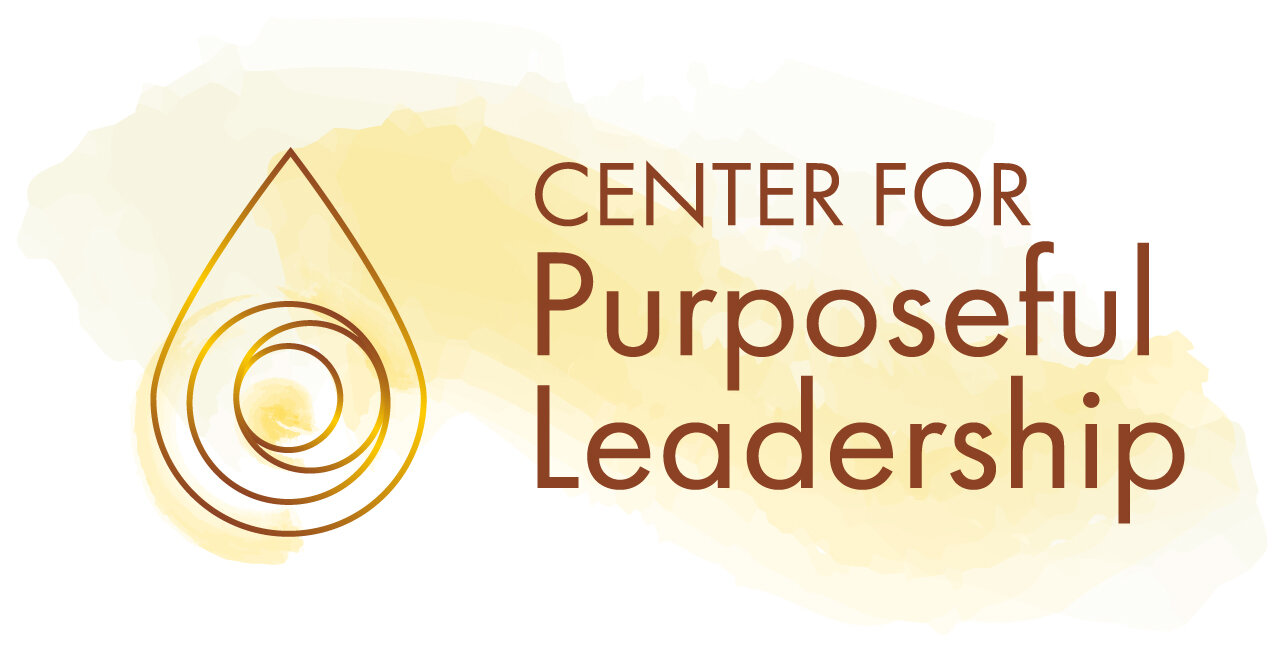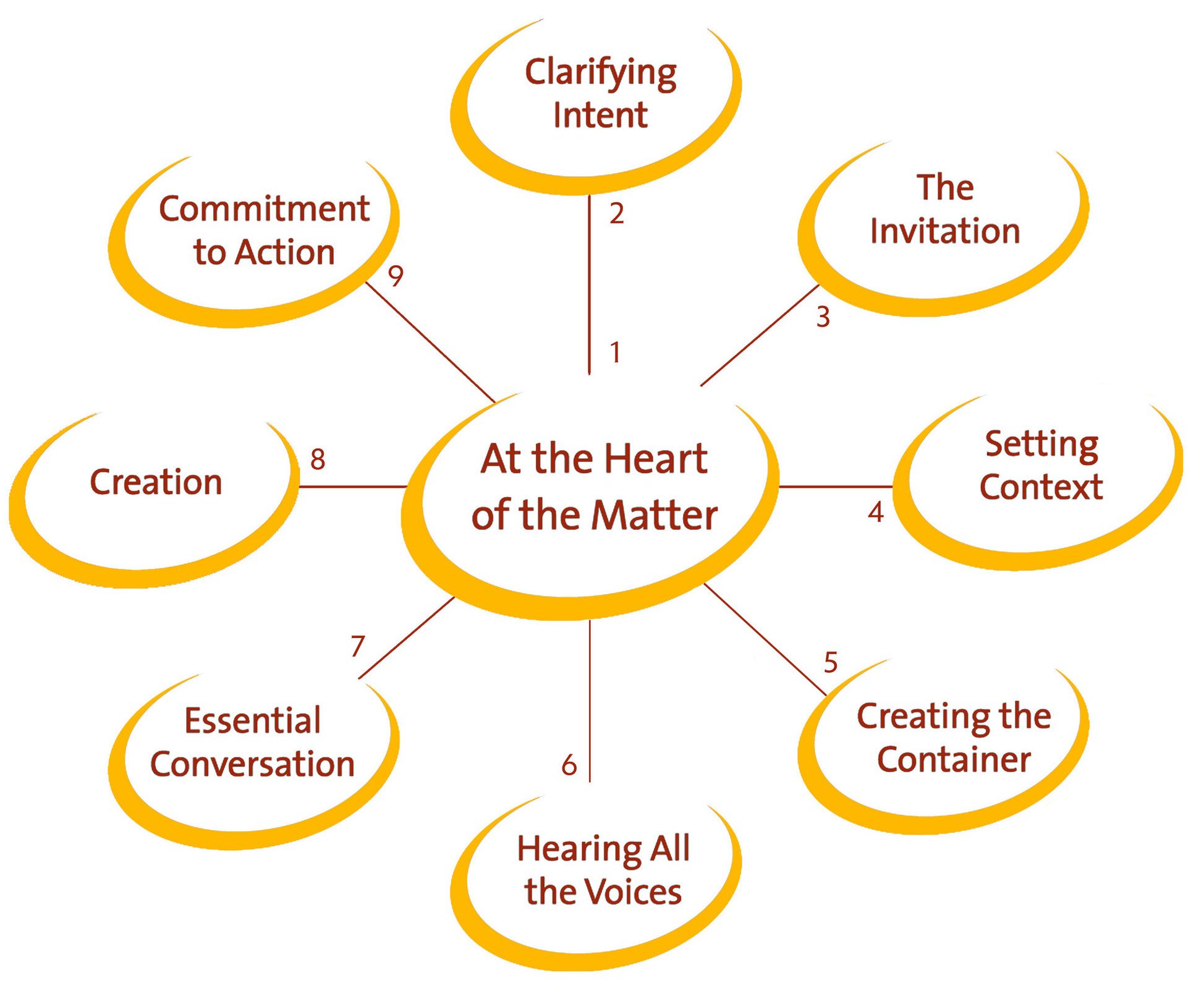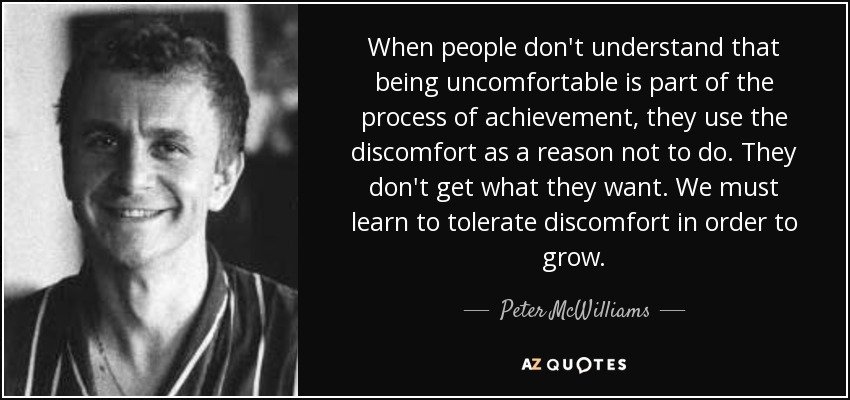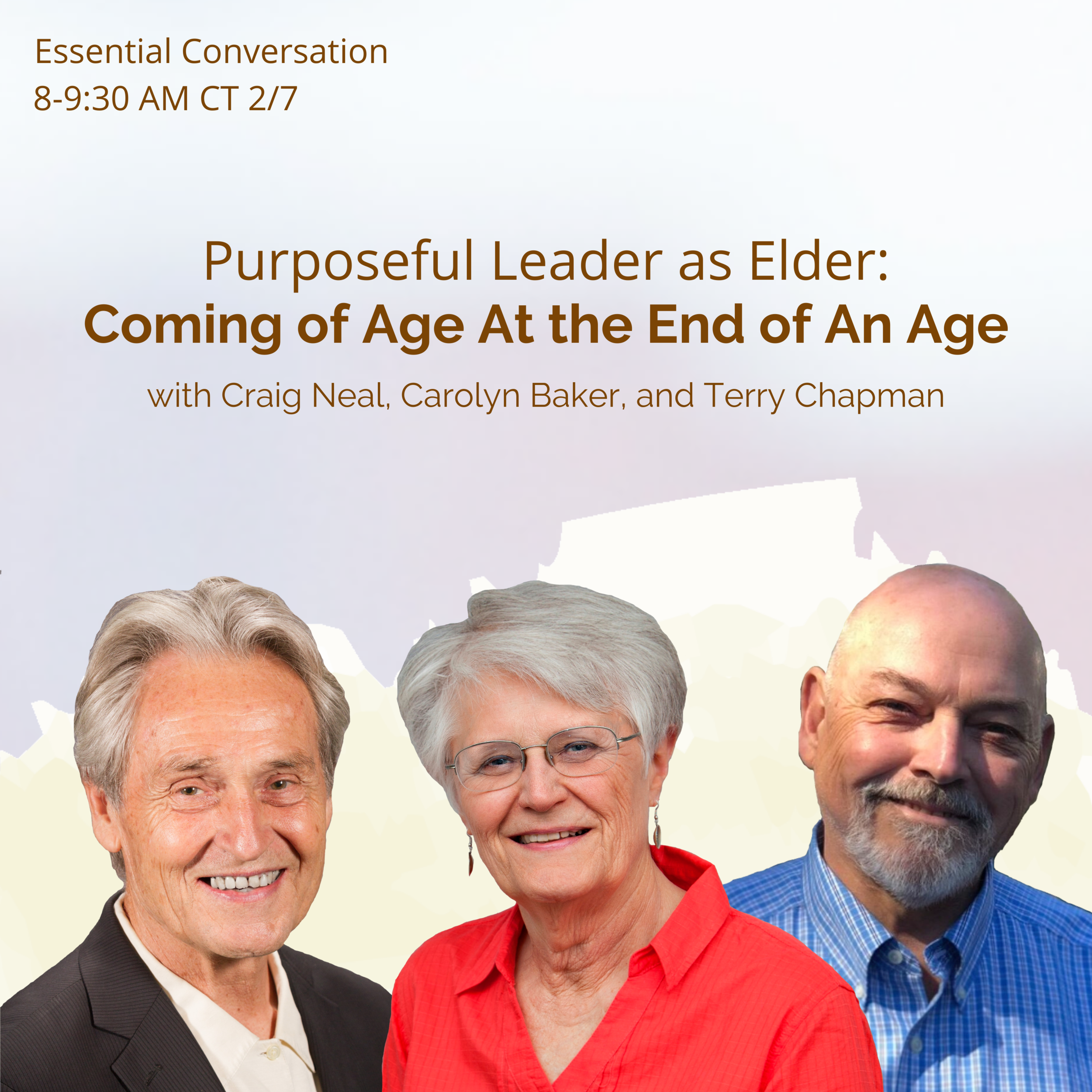Wednesday Wisdom (or Wit) from Heartland
/Photo Credit: Craig Neal
"Reading and writing poetry can exercise that capacity, improving one's ability to better conceptualize the world and communicate it — through presentations or writing — to others."
HBR Blog Network
The Benefits of Poetry for Professionals
by John Coleman | November 27, 2012
Wallace Stevens was one of America's greatest poets. The author of "The Emperor of Ice-Cream"and "The Idea of Order at Key West" was awarded the Pulitzer Prize for Poetry in 1955 and offered a prestigious faculty position at Harvard University. Stevens turned it down. He didn't want to give up his position as Vice President of the Hartford Accident and Indemnity Company.
This lyrically inclined insurance executive was far from alone in occupying the intersect of business and poetry.
Dana Gioia, a poet, Stanford Business School grad, and former General Foods executive, notes that T.S. Eliot spent a decade at Lloyd's Bank of London; and many other poets including James Dickey, A.R. Ammons, and Edmund Clarence Stedman navigated stints in business.
I've written in the past about how business leaders should be readers, but even those of us prone to read avidly often restrict ourselves to contemporary nonfiction or novels. By doing so, we overlook a genre that could be valuable to our personal and professional development: poetry. Here's why we shouldn't.
For one, poetry teaches us to wrestle with and simplify complexity. Harman Industries founder Sidney Harman once told The New York Times, "I used to tell my senior staff to get me poets as managers. Poets are our original systems thinkers. They look at our most complex environments and they reduce the complexity to something they begin to understand." Emily Dickinson, for example, masterfully simplified complex topics with poems like "Because I could not stop for Death," and many poets are similarly adept. Business leaders live in multifaceted, dynamic environments. Their challenge is to take that chaos and make it meaningful and understandable. Reading and writing poetry can exercise that capacity, improving one's ability to better conceptualize the world and communicate it — through presentations or writing — to others.
Poetry can also help users develop a more acute sense of empathy. In the poem "Celestial Music,"for example, Louise Glück explores her feelings on heaven and mortality by seeing the issue through the eyes of a friend, and many poets focus intensely on understanding the people around them. In January of 2006, the Poetry Foundation released a landmark study, "Poetry in America,"outlining trends in reading poetry and characteristics of poetry readers. The number one thematic benefit poetry users cited was "understanding" — of the world, the self, and others. They were even found to be more sociable than their non-poetry-using counterparts. And bevies of new research show that reading fiction and poetry more broadly develops empathy. Raymond Mar, for example, has conducted studies showing fiction reading is essential to developing empathy in young children (PDF) and empathy and theory of mind in adults (PDF). The program in Medical Humanities & Arts (PDF) even included poetry in their curriculum as a way of enhancing empathy and compassion in doctors, and the intense empathy developed by so many poets is a skill essential to those who occupy executive suites and regularly need to understand the feelings and motivations of board members, colleagues, customers, suppliers, community members, and employees.
"As [I rose] in business ... I felt I had an enormous advantage over my colleagues because I had a background in imagination, in language and in literature."
Reading and writing poetry also develops creativity. In an interview with Knowledge@Wharton, the aforementioned Dana Gioia says, "As [I rose] in business ... I felt I had an enormous advantage over my colleagues because I had a background in imagination, in language and in literature." Noting that the Greek root for poetry means "maker," Dana emphasizes that senior executives need not just quantitative skills but "qualitative and creative" skills and "creative judgment," and feels reading and writing poetry is a route to developing those capabilities. Indeed, poetry may be an even better tool for developing creativity than conventional fiction. Clare Morgan, in her book What Poetry Brings to Business, cites a study showing that poems caused readers to generate nearly twice as many alternative meanings as "stories," and poetry readers further developed greater "self-monitoring" strategies that enhanced the efficacy of their thinking processes. These creative capabilities can help executives keep their organizations entrepreneurial, draw imaginative solutions, and navigate disruptive environments where data alone are insufficient to make progress.
Finally, poetry can teach us to infuse life with beauty and meaning. A challenge in modern management can be to keep ourselves and our colleagues invested with wonder and purpose. AsSimon Sinek and others have documented, the best companies and people never lose a sense of why they do what they do. Neither do poets. In her Nobel lecture "The Poet and the World," Wislawa Szymborska writes:
The world — whatever we might think when terrified by its vastness and our own impotence ... is astonishing ...
Granted, in daily speech, where we don't stop to consider every word, we all use phrases like "the ordinary world," "ordinary life," "the ordinary course of events" ... But in the language of poetry, where every word is weighed, nothing is usual or normal. Not a single stone and not a single cloud above it. Not a single day and not a single night after it. And above all, not a single existence, not anyone's existence in this world.
What if we professionals cultivated a similar outlook? We might find our colleagues more hopeful and purposeful and our work revitalized with more surprise, meaning, and beauty.
Poetry isn't a one-size-fits-all solution to every business problem. There are plenty of business leaders who've never read poetry and have been wholly successful. But to those open to it, reading and writing poetry can be a valuable component of leadership development.















![[Hearth] Voices from Ukraine: Part 2](https://images.squarespace-cdn.com/content/v1/58a4e3be9de4bb98b066fd6f/1647955546471-VUGA4FCGFEUYJ29TEQVA/sunforest-mix-sunflower-types-1586794598.jpeg)








